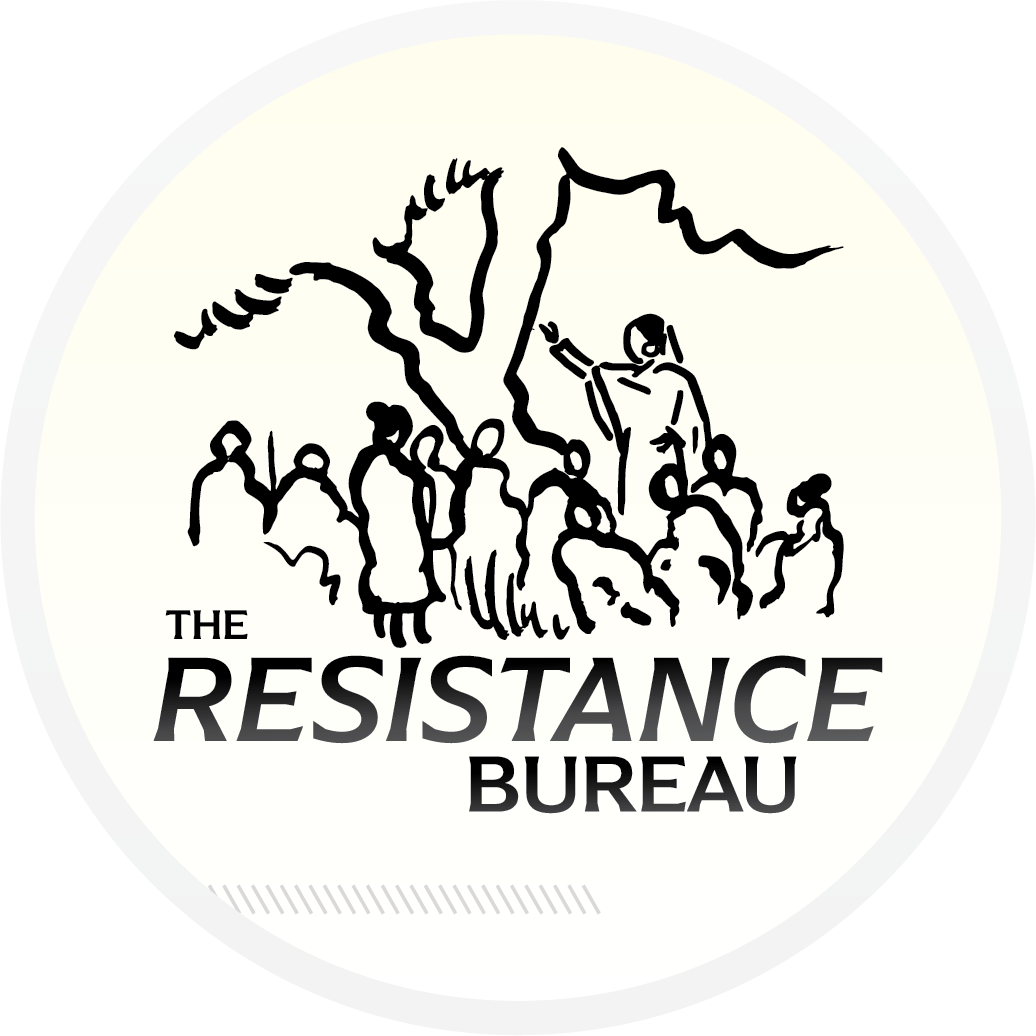Twitter Space: #ZimbabweDecides2023
Monday, 21 August 2023
12pm Washington D.C.
5pm London / Lagos / Kinshasa
6pm Paris / Cape Town / Cairo
7pm NairobiOn 4 August, Tinashe Chitsunge -- a supporter of Zimbabwe’s main opposition party, the Citizens Coalition for Change (CCC) -- was stoned to death. He was traveling to a CCC rally when the group that he was with was ambushed by suspected supporters of ZANU-PF, the country's long-ruling party. The attack represented the culmination of a growing climate of brutality as Zimbabwe heads to the polls on 23 August.
According to Afrobarometer, the proportion of the Zimbabwean population fearing violence during the elections has risen to 58%, up from 43% in 2018.
Along with a raft of highly repressive legislation -- including the Private Voluntary Organizations (PVO) Bill and the Patriotic Bill -- this has led to concerns that this month's elections will be as bad as those held under former autocratic leader Robert Mugabe. In the absence of checks and balances, and with the ZANU-PF government’s low popularity meaning it could still struggle to win -- despite all of its advantages -- there is a real prospect of even more violence around and on election day.
Today, civil society groups are hampered by major restrictions on their activities and the knowledge that an increasingly politicized judiciary will not protect them. International observers are also constrained by late arrivals into the country and the fact that the government has been vetting who is and is not allowed to be part of international missions. For their part, international donors appear to be stuck in a rut, unsure of how to engage with the authoritarian government of Emmerson Mnangagwa, now that he has clearly abandoned an initial commitment to hold “free, fair and credible elections”.
This Twitter Space will convene civil society leaders, activists and leading writers to assess the electoral environment and what can be done -- if anything -- to safeguard the polls. We will also look at lessons from Zimbabwe’s history, and other countries in the region that have managed to resist oppressive electoral environments to hold those in power accountable.
Meet our panel
Hopewell Chin'ono
Hopewell Chin'ono is an award-winning and hugely influential Zimbabwean journalist. He has exposed multiple corruption scandals within the Zimbabwean government, currently led by President Emmerson Mnangagwa, who came to power by means of a military coup in November 2017. Hopewell has been arrested and jailed multiple times due to his crusading work, yet remains an outspoken advocate for truth and accountability.
Namatai Kwekweza
Namatai Kwekweza is a human rights and youth activist who is the founder and current executive director of WELEAD Trust -- an organization she started at age 18 -- which focuses on youth leadership development and advocacy. She has been the recipient of numerous awards for her crusading work, including the inaugural Kofi Annan NextGen Prize for Democracy.
Zenzele Ndebele
Zenzele Ndebele is a pioneering journalist from Zimbabwe, and one of the most respected civic voices in the country. Among his many affiliations, he is a leading member of the Matabeleland Forum, a network of nonprofit groups and churches that focuses on the region’s Gukurahundi atrocities and issues related to national healing.
Roselyn Hanzi
Roselyn Hanzi is a human rights lawyer and executive director of Zimbabwe Lawyers for Human Rights. She is an expert in human rights law and transitional justice, and has served on a number of important boards, including as a past thematic leader of the National Transitional Justice Working Group in Zimbabwe, and currently on the Coalition for an Effective African Court.
Larry Garber
Larry Garber is a former senior official at the US Agency for International Development and an international election expert with decades of experience in Zimbabwe. He co-directed the 2018 Zimbabwe International Election Observer Mission with the National Democratic Institute and served as the Chief of Party for the Carter Center international observer project in Zimbabwe from July 2022-July 2023.
Moderation
Mantate Mlotshwa
Mantate Mlotshwa is a passionate advocate for the meaningful contribution of women and youth to democracy and governance processes. The Founder of the creative brand U Motle, she has earned a reputation for speaking her mind and promoting positive messages of liberation and emancipation in Zimbabwe and beyond.
Jeffrey Smith
Jeffrey Smith is an award-winning human rights campaigner, social media influencer, and a prolific writer. He is co-creator of The Resistance Bureau and also founding director of Vanguard Africa, a nonprofit organization that partners with visionary African leaders to defend democracy, build campaigns for free and fair elections, and promote ethical leadership.
Nic Cheeseman
Nic Cheeseman is the Professor of Democracy and the Director of the Centre for Elections Democracy Accountability and Representation (CEDAR) at the University of Birmingham. As well as the author of Democracy in Africa and How to Rig an Election, he is the editor of Democracy in Africa, a columnist for Africa Today and the Mail&Guardian, a contributing editor to The Continent, and an election junkie.








